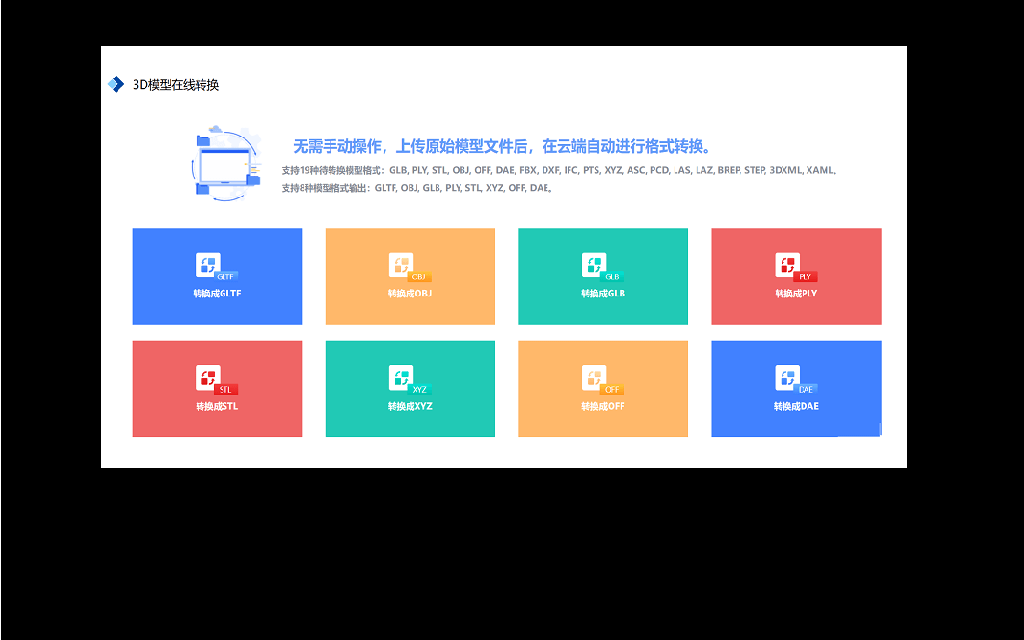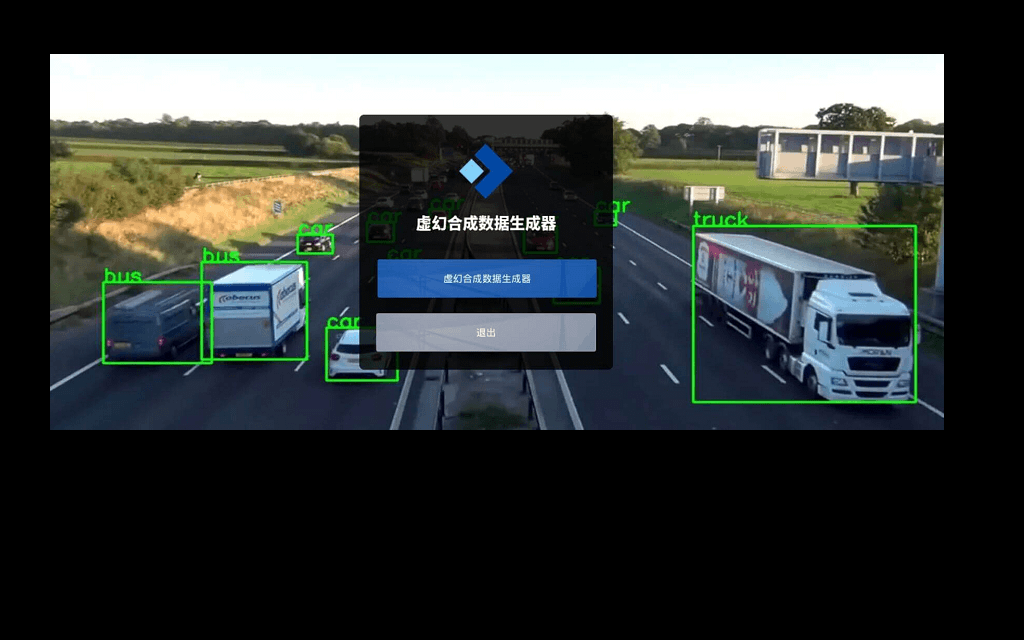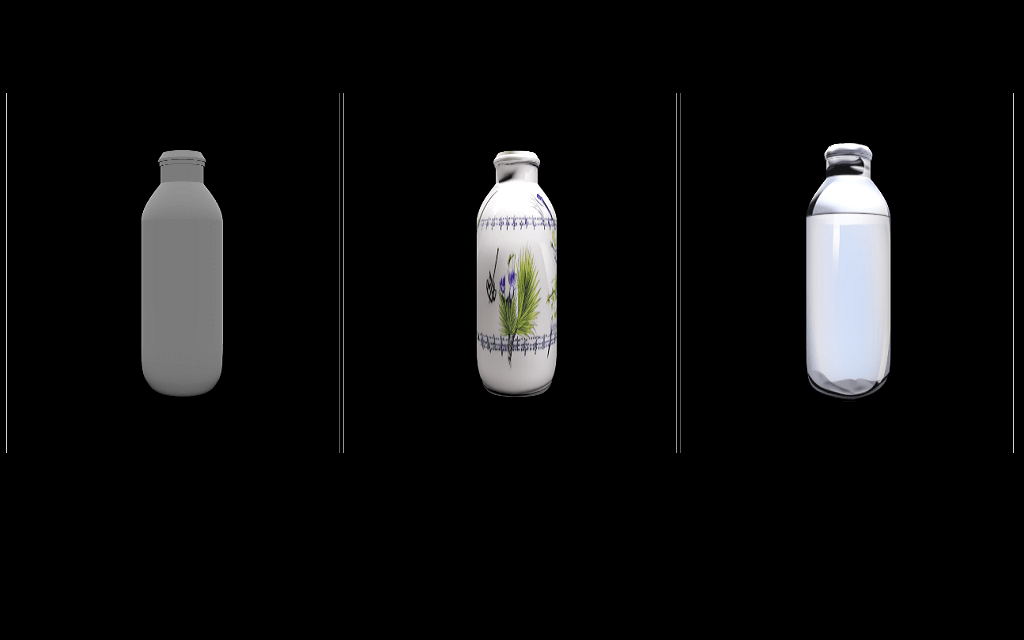ZINC-t5
This model is a fine-tuned version of google/t5-v1_1-base on the sagawa/ZINC-canonicalized dataset. It achieves the following results on the evaluation set:
- Loss: 0.1228
- Accuracy: 0.9476
Model description
We trained t5 on SMILES from ZINC using the task of masked-language modeling (MLM). Compared to ZINC-t5, ZINC-t5-v2 uses a character-level tokenizer, and it was also trained on ZINC.
Intended uses & limitations
This model can be used for the prediction of molecules' properties, reactions, or interactions with proteins by changing the way of finetuning. As an example, We finetuned this model to predict products. The model is here, and you can use the demo here. Using its encoder, we trained a regression model to predict a reaction yield. You can use this demo here.
Training and evaluation data
We downloaded ZINC data and canonicalized them using RDKit. Then, we dropped duplicates. The total number of data is 22992522, and they were randomly split into train:validation=10:1.
Training procedure
Training hyperparameters
The following hyperparameters were used during training:
- learning_rate: 5e-03
- seed: 42
- optimizer: Adam with betas=(0.9,0.999) and epsilon=1e-08
- lr_scheduler_type: linear
- num_epochs: 10.0
Training results
| Training Loss | Step | Accuracy | Validation Loss |
|---|---|---|---|
| 0.2090 | 100000 | 0.9264 | 0.1860 |
| 0.1628 | 200000 | 0.9349 | 0.1613 |
| 0.1632 | 300000 | 0.9395 | 0.1467 |
| 0.1451 | 400000 | 0.9435 | 0.1345 |
| 0.1311 | 500000 | 0.9465 | 0.1261 |


